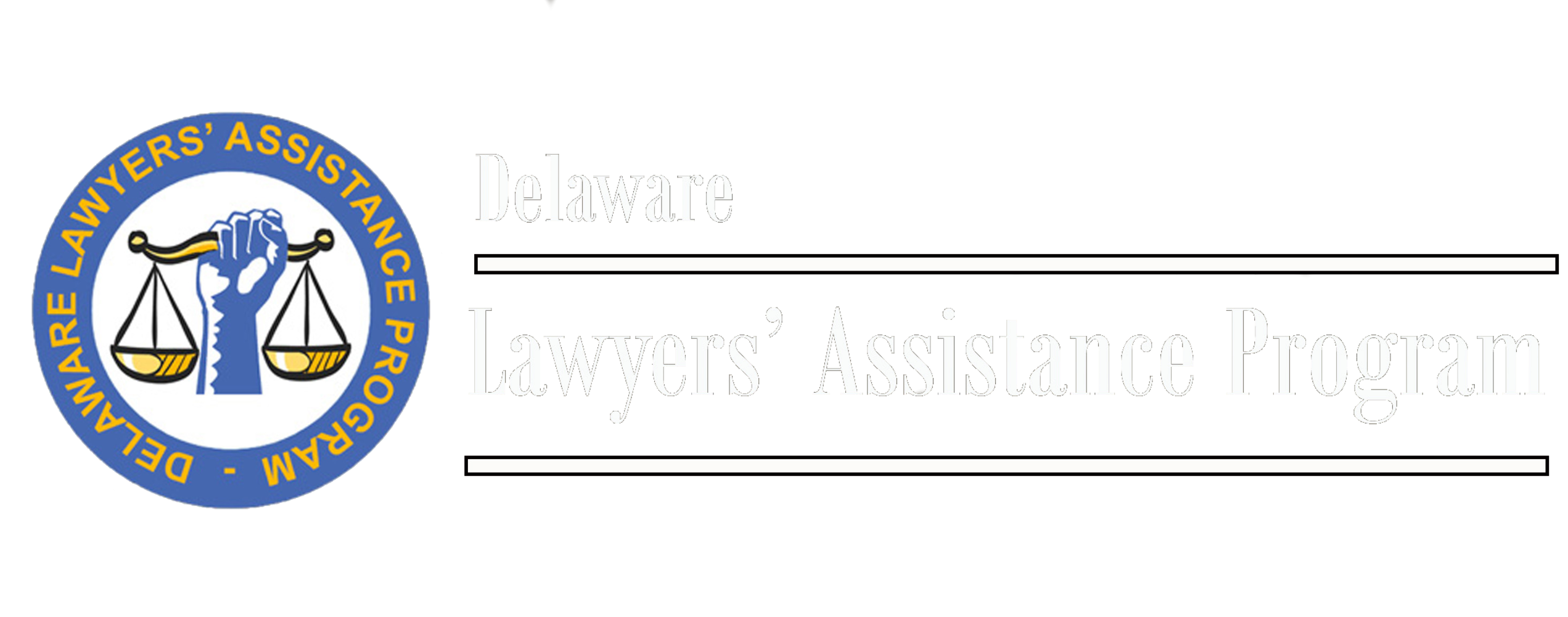General
Q. Once I recognize the signs of impairment; then what?
A.
Adjust your attitudes toward impaired colleagues and avoid being an “enabler.”
A “yes” answer to any of these questions may be hurting, not helping, the impaired colleague needing care, treatment and/or monitoring and support:
My colleagues are “above” problems with drugs and/or alcohol, gambling, depression, or mental illness.
Addiction is a moral issue – they have choices and can control their behavior if they want to.
I hesitate to confront a colleague about a possible impairment problem because it may jeopardize my relationship with him or her.
These types of problems should be kept secret to protect the colleague’s privacy.
I have ignored alcohol and drug abuse problems because they are none of my business.
I have been concerned about a colleague’s drinking (or other problem) but have been afraid to talk to him or her about it or even to call the Delaware Lawyers Assistance Program.
I have covered for a colleague’s lack of performance when I know it was due to alcohol or drug abuse.
I have minimized or made excuses for a colleague’s inappropriate conduct caused by alcohol, drugs, and/or depression.
I have been angry or frustrated at a colleague whose alcohol and/or drug abuse, gambling and/or drug abuse, gambling, or depression is adversely affecting his or her work, but have not done anything about it.
Be willing to talk to a colleague with a suspected problem, or call the confidential Delaware Lawyers Assistance Program (DE-LAP) (302) 777-0124 OR 1-877-24-DELAP or e-mail cwaldhauser@de-lap.org.
A “yes” answer to any of these questions may be hurting, not helping, the impaired colleague needing care, treatment and/or monitoring and support:
My colleagues are “above” problems with drugs and/or alcohol, gambling, depression, or mental illness.
Addiction is a moral issue – they have choices and can control their behavior if they want to.
I hesitate to confront a colleague about a possible impairment problem because it may jeopardize my relationship with him or her.
These types of problems should be kept secret to protect the colleague’s privacy.
I have ignored alcohol and drug abuse problems because they are none of my business.
I have been concerned about a colleague’s drinking (or other problem) but have been afraid to talk to him or her about it or even to call the Delaware Lawyers Assistance Program.
I have covered for a colleague’s lack of performance when I know it was due to alcohol or drug abuse.
I have minimized or made excuses for a colleague’s inappropriate conduct caused by alcohol, drugs, and/or depression.
I have been angry or frustrated at a colleague whose alcohol and/or drug abuse, gambling and/or drug abuse, gambling, or depression is adversely affecting his or her work, but have not done anything about it.
Be willing to talk to a colleague with a suspected problem, or call the confidential Delaware Lawyers Assistance Program (DE-LAP) (302) 777-0124 OR 1-877-24-DELAP or e-mail cwaldhauser@de-lap.org.
